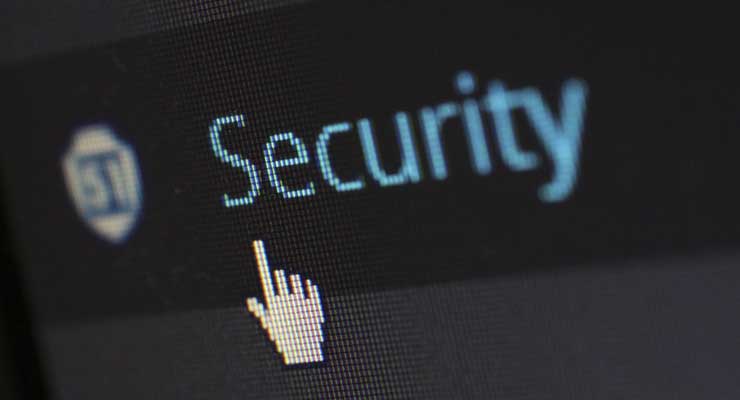 There was an interesting new post on the subject published recently. Take a look at this excerpt:
There was an interesting new post on the subject published recently. Take a look at this excerpt:
We can arrange almost everything via the Internet. Yet next week in the Netherlands, we will simply stand in a booth with a red pencil when we go to vote. Can’t we do that online? “No,” say researchers at iHub, the Interdisciplinary Hub for digitalization and society, part of the Radboud University in Nijmegen.
It is ill-advised to organize a political election via the Internet. That is the conclusion reached by the research team of Bernard van Gastel, assistant professor of computer science at Nijmegen University. Scientists from various disciplines, including philosophy and history but also law and computer science, have been working together on this within iHub since 2019. Together, they put the influence of digitalization on society under a magnifying glass. Van Gastel is head of the iLab, iHub’s experimental living lab.
Read the full article here. Also, be sure to also check out the Democracy Chronicles Election Technology section and our articles on Technology Dissidents, the Internet and Democracy or Voting Machines.
Much recommended is this discussion on voting technology from Tech@State, part of “a series of quarterly conferences run by the U.S. Department of State that bring together individuals in the technology sector and foreign policy experts with the aim of exploring new ways of incorporating technologies into diplomacy and development”. The video has the following summary:
Electronic voting and counting technologies are increasingly being used or considered around the world. This includes touch screen “direct recording” electronic voting machines, internet voting, and optical scan machines, mobile voting, as well as biometric voter registration and verification. While the use of these technologies can bring benefits, they have also been met with concerns. This panel will explore recent experiences and challenges with e-voting, how electoral officials have managed these challenges, and how election observers are adapting their methods to monitor these technologies.
Moderating the panel discussion is Michael McNulty, from the National Democratic Institute. Panelists include such experts as Michael Alvarez of the Caltech/MIT Voting Technology Project, Doug Chapin of the University of Minnesota, Ben Goldsmith of the International Foundation for Electoral Systems, and Dan Nolan of Scytl, a leader in the business of electoral security technology. Watch the full video, about an hour and fifteen minutes long, right here:
It is hard to get a grasp on the slow creep forward of the utilization of any new voting technology, especially when technologies are new and when they are unusual. The use of the digital “distributed, decentralized, public ledger” known as blockchain technology has been spreading in many industries. Slowly, experiment by experiment, there have been attempts at testing how blockchain’s unique characteristics can be taken advantage of in the administration of elections. Limited, local initiatives have shown that blockchain may have a real role to play.
One interesting new look at the changes underway comes from Phil Goldstein at StateTech Magazine who recently published an article about how blockchain technology is working its way into America, finding a role in several different aspects of election administration and beyond. From the article:
Blockchain technology, in and of itself, cannot replace legacy systems for databases, record keeping or transaction management, but it can enhance such systems, experts say. Blockchain voting is also getting more attention, though cybersecurity experts are skeptical about it and it has not been tried in the United States on a large scale yet.
Most state government officials are still in a wait-and-see mode about the technology, though blockchain use cases continue to proliferate. According to a 2017 National Association of State CIOs report, 63 percent of those surveyed were still investigating blockchain in state government with informal discussions, 26 percent said there were no discussions of blockchain at that time and 5 percent had adopted blockchain technology in support of some state government services.
Leave a Reply